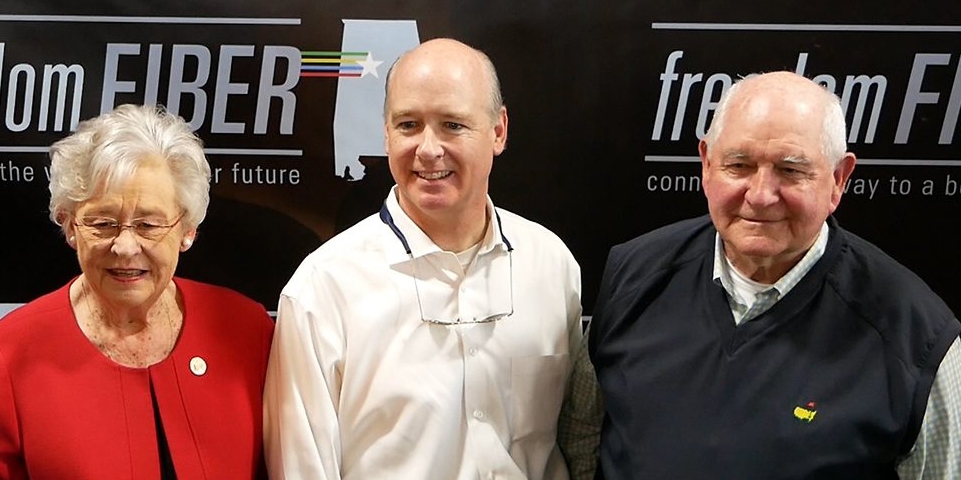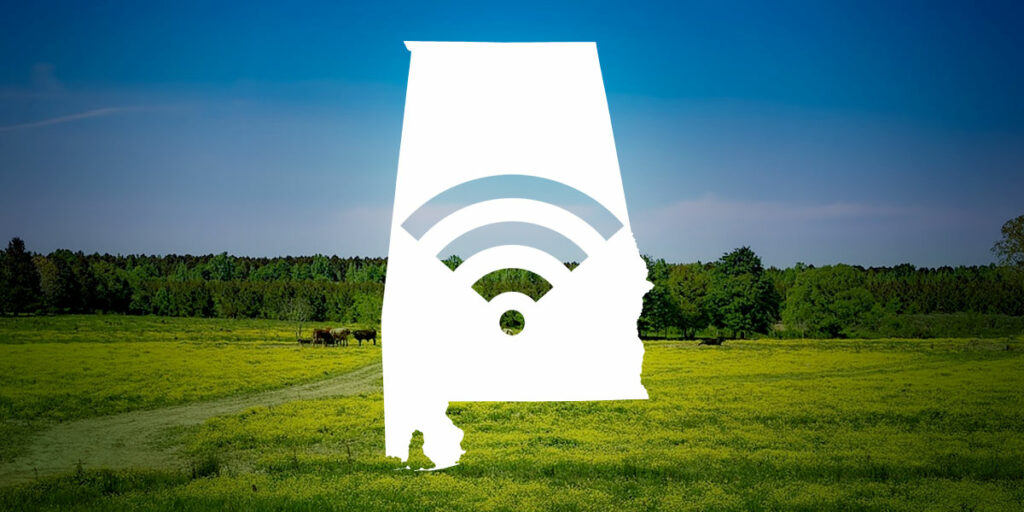Alabama has a historic opportunity to expand access to affordable, reliable, high-speed internet to everyone in the state, no matter where they live or their circumstances.
Access, however, depends on more than wires, poles, and other pieces of infrastructure. It also depends on making sure that internet service is affordable, and that all Alabamians have the tools and the skills to use it.
I’m proud to say that Alabama just had its digital opportunity plan approved by the National Telecommunications and Information Administration. The approval is the first step in unlocking federal funding that can help underserved communities – including older Alabamians, veterans, low-income families, tribal communities, people living in rural areas and others – to connect to the internet.
The plan was developed after intense collaboration with stakeholders, partner organizations and public participation. Through that work, the Department of Economic and Community Affairs found that while Alabama has made significant strides in recent years to close digital gaps, it continues to face numerous challenges, especially in rural areas. They found that access to broadband physical infrastructure, broadband service affordability and lack of digital skills are significant barriers to broadband adoption.
RELATED: State Sen. Kelley: Need for high-speed internet is urgent
Given the Affordable Connectivity Program (ACP) is expected to end this May, Alabama should aggressively leverage Broadband, Equity, Affordability, and Deployment (BEAD) program funding to ensure more residents can afford high-speed internet service.
AARP Alabama, on behalf of our more than 400,000 members, applauds the approval of our state’s plan to expand high-speed internet access and adoption across our state. High-speed internet is not a luxury. It is a necessity for all Alabamians. Better connectivity supports workforce development and hiring, education, career training, small business success, and economic development.
Older Alabamians and their families can access virtual medical care, find community resources, safely age in place, and connect socially with family and friends. In short, high-speed internet improves the quality of life for all of us.
While putting this comprehensive plan together is a commendable start, there is still much work ahead of us. AARP Alabama looks forward to working with the Department of Economic and Community Affairs and other key stakeholders toward successful implementation of this plan.
Candi Williams is the State Director for AARP Alabama.













